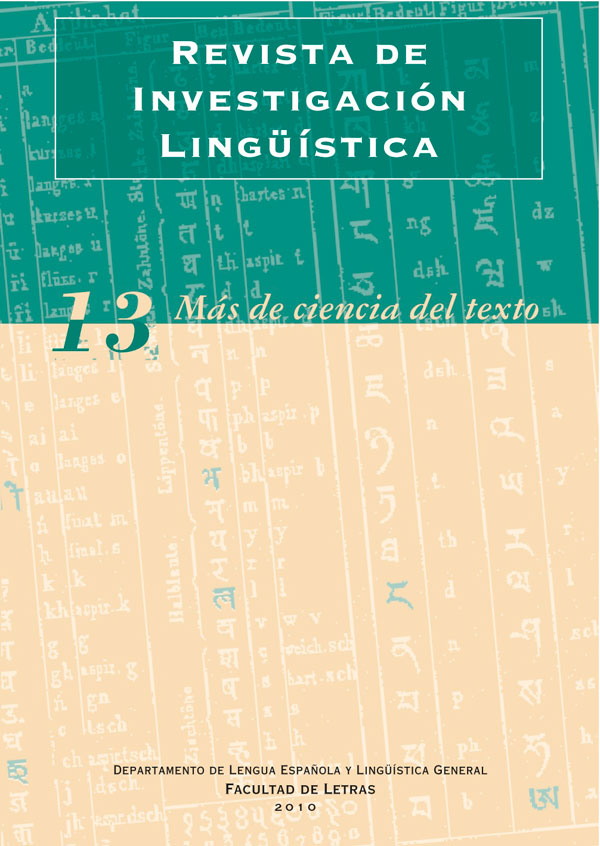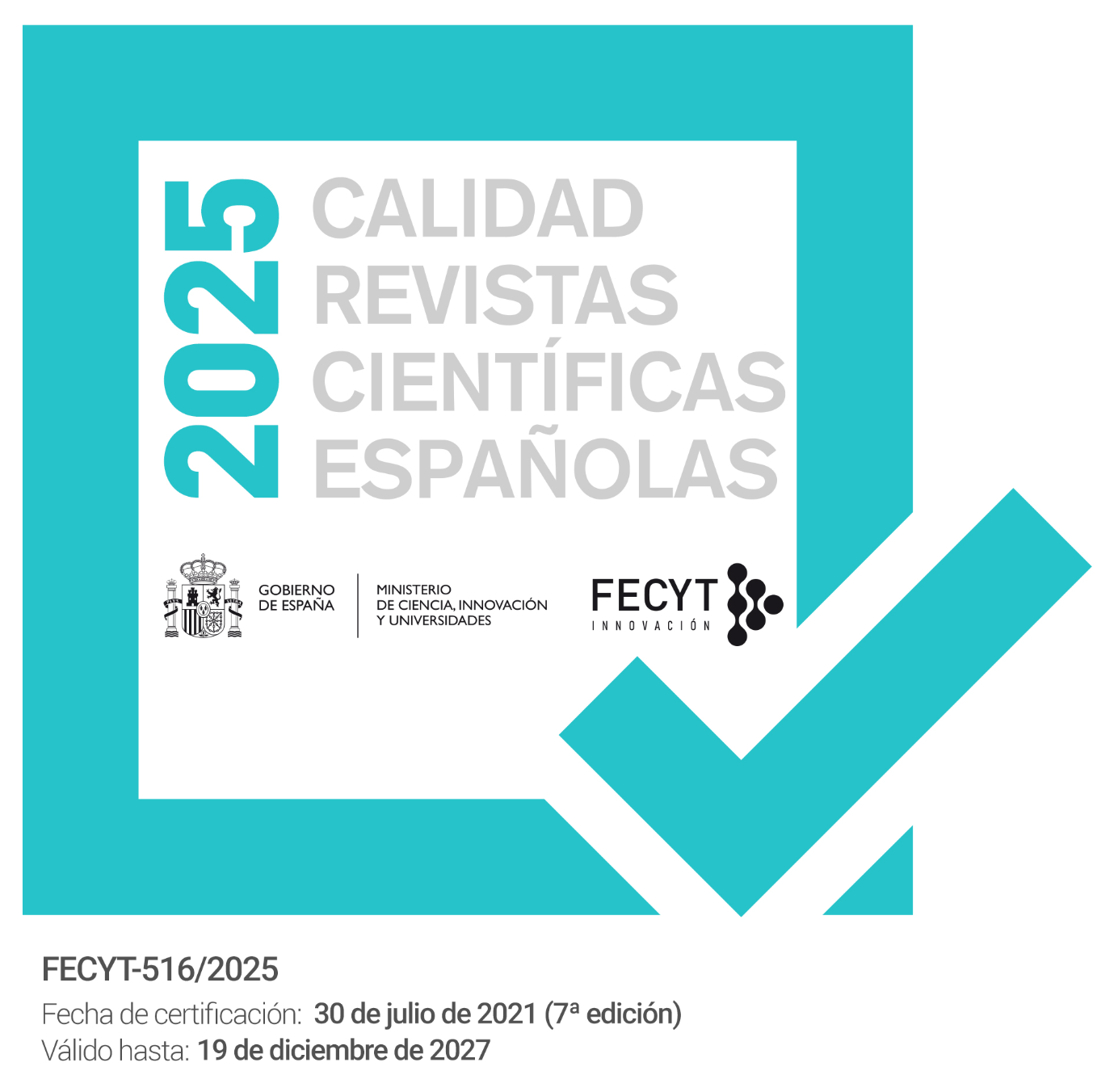Azoote and sulfureto. Controversies and propourses around chemical nomenclature in the firs half of the Nineteenth-Century
Abstract
The main purpose of the paper is to shed new light on the circulation of the new chemical nomenclature in Spain. The analyzed sources are mainly chemistry textbooks as well as critical reviews and other related works. The study begins with a new analysis of the translation of the new chemical nomenclature by Pedro Gutiérrez Bueno. His decision to take many French expressions, without substantial changes to accommodate them to Spanish language, fuelled a controversy that lasted until the early Nineteenth Century. Moreover, we analyze two cases in which Gutiérrez Bueno departed from this general trend and created expressions such as “sulfureto” and “azoote”. The first lasted many years in chemistry textbooks until it was replaced by the word “sulfuro” during the first half of the Nineteenth Century. In contrast, the second expression was barely used. After some controversy, “ázoe” became the most employed expression for that gas in chemistry textbooks until mid-nineteenth century. Then, it was replaced by “nitrógeno”, an expression introduced in late Eighteenth-Century textbooks. Focusing on the scientific controversies, the paper offers an analysis of the practices of appropriation and accommodation of the new chemical terminology, in tune with new trends on the circulation of knowledge.Downloads
-
Abstract354
-
PDF (Español (España))230
The works published in this magazine are subject to the following terms:
1. The Publications Service of the University of Murcia (the publisher) preserves the economic rights (copyright) of the published works, and favors and allows the reuse of same under the license of use indicated in point 2.
2. The papers are published in the electronic edition of the magazine under a Creative Commons Attribution-NonCommercial-NoDerivative 3.0 Spain license (legal text). Papers may be copied, used, disseminated, transmitted and publicly exhibited if the following requirements are met: i) The authorship and the original source of its publication (magazine, editorial and URL of the work) must be cited; ii) The works cannot be used for commercial purposes; iii) The existence and specifications of this user license must be explicitly mentioned.
3. Self-archiving conditions. Authors can electronically disseminate pre-print versions (version before being evaluated) and / or post-print versions (version evaluated and accepted for publication). This makes possible its circulation and diffusion earlier and with it a possible increase in its citation and reach among the academic community. RoMEO color: green.










